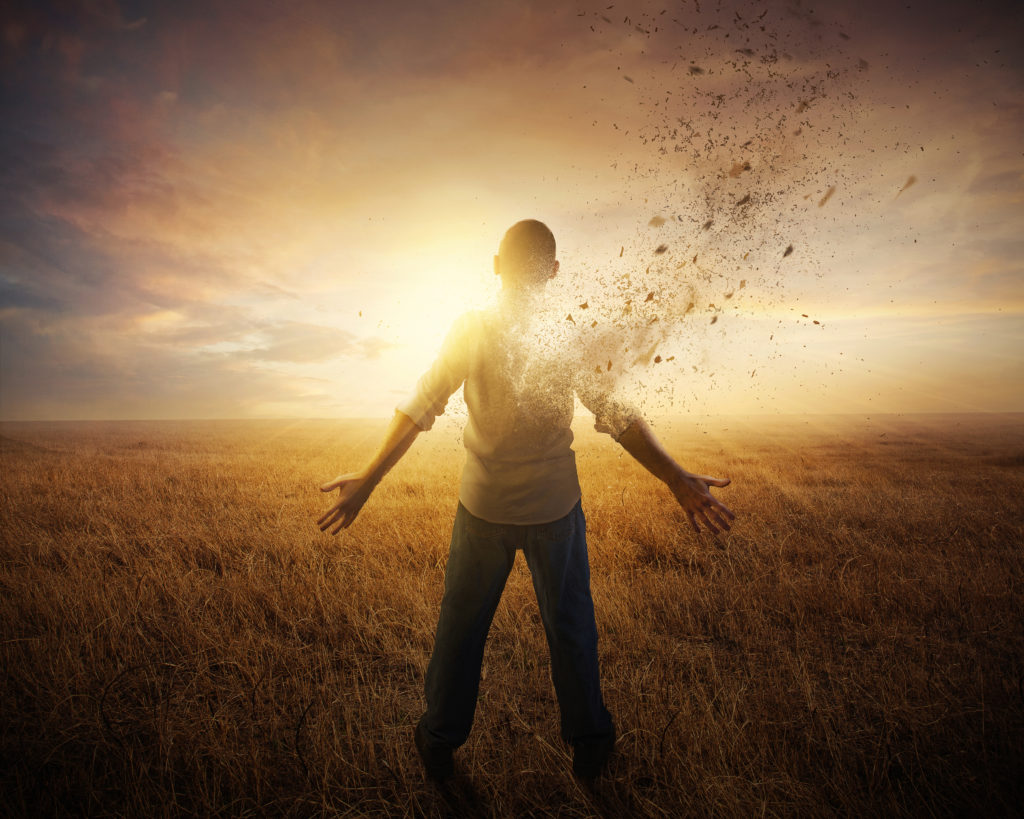WE DON’T UNDERSTAND COMPLEXITY because we haven’t needed to until now. The world has become more complex. Complex situations don’t come with a label that says, “I’m complex. Pay attention to the way all my parts are related.” (In fact, the study of complexity is part of what are called “the new sciences,” along with chaos theory and quantum theory, within the field of physics.)
For centuries (since the 1500s), people have been taught to focus on separate, discrete things. Sir Isaac Newton taught that the world is a clock: if you take it apart and understand all the parts, you’ll understand the whole.
That works in a simpler world. But there are a lot more people in the world than in Newton’s time (now–almost 8 billion; then—about 461 million). And we have technology, lots of it, everywhere. So our world has become mega-complex. And schools don’t teach complexity.
For example, can you define it? No?





